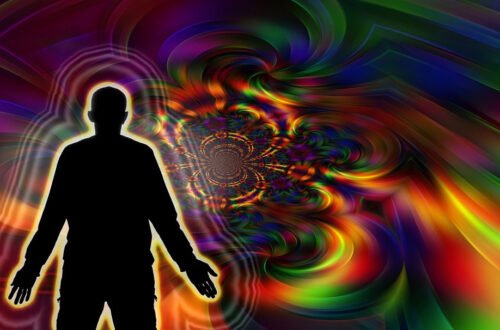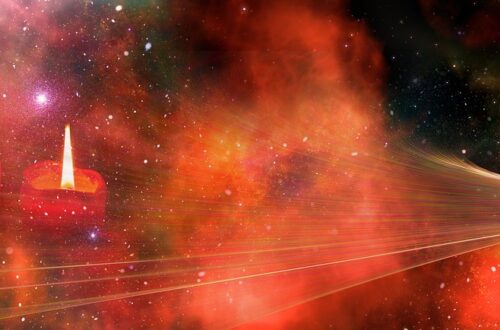
What are Runes? Discover the mystery hidden in the Germanic signs
Runes – anyone who needed advice or a simple answer to a tormenting question asked them. In ancient times, this was the way to establish communication with energies that could guide one on the right track or warn of failure. The history of Runes is long and winding. In ancient times, Germanic and Nordic tribes contacted energies through them. Nowadays we use them as often as ever – anyone can read runes. It is only important to use them in the right way.
The word “Runes” means secrets. They have a secret in them. They are a whisper of the subconscious, a surge of new energy. There is something magical about them – they help to gain insight into a situation or delve into a question that is being asked. We make them from various materials – the material is not important – while the symbol itself is important. Wood, stone, pebbles, crystals, bones and even metal. The individual pieces contain the runic alphabet. The runic alphabet comes in many guises, but the most popular is Futhark. Its name comes from the first six letters of the alphabet: Fehu – Uruz – Þurisaz – Ansuz – Raido – Kenaz.
The older Futhark contained 24 basic runes. All runes are arranged in three groups.
The first eight of Freya (begins with Fehu and ends with Wunjo) describe the creation and ordering of the birth of the Universe. The coming together of water and fire, which was the beginning of all that exists.
The second eight of Hagal (begins from Hagalaz to Sowilo) is the entry into a new stage of the evolutionary cycle. The meeting of the force of chaos with the force of destruction, which are trying to violate the cosmic order and order. Their clash results in development.
The third eight of Tyr (begins from Tiwaz to Othala). It deals with all the forces that have been given to humans. These forces are transformative tools. It is a picture of the human condition.
What to use the Runes for?
First of all, to solve problems and to indicate events that may come our way in the current energy. Runes help to clarify the picture when the situation is not quite clear to us. It is not a form of predicting the future, but only a forecast. Runes do not offer exact, precise answers, nor are they detailed in giving advice. Instead, they forecast possible influences, variables and behaviors. They are like whispers – they spell out a possible answer, but the ready recipe for the problem must be found by the subconscious of the inquirer himself.
We often forget that the answers that divination tools give us are not the final and only certain scenario. The future is not unequivocally determined (it can have many paths), and each person has the power to decide for himself, so he can change any scenario he hears, treating it as a warning. Any path can be changed by changing the direction we take.
How to talk to the Runes?
To catch the thread of understanding with the Runes, we must first clear our mind and put ourselves in a relaxed state. We need to focus on the question we want answered. Then we say a prayer or call on the angels who will guide us through the reading. We spread out a cloth – on it we will spill the drawn runes. Beginners draw one rune, lay it on the cloth and analyze its meaning. When analyzing, you need to rely on intuition. With time, we can draw more runes and thus read the energies from several symbols.
Fehu: prosperity, fame, wealth.
Uruz: drive, potential, freedom.
Thurisaz: Inspiration, eroticism, perseverance.
Ansuz: Gods, word, wisdom.
Raidho: journey, development, movement.
Kenaz: fire, enthusiasm, zeal.
Gebo: marriage or separation, gift, partnership.
Wunjo: happiness, youth, enjoyment of life.
Hagalaz: hail, division, destruction.
Nauthiz: patience, needs, limitations.
Isa: silence, lethargy, stagnation.
Jera: time of reaping a good harvest.
Eihwaz: wisdom, perseverance, the way to go.
Perthro: preparation, choice and decision.
Algiz: healing power, nobility, sacrifice.
Sowilo: sunny victory and success.
Teiwaz:bravery, courage, determination.
Berkano: femininity, fertility, power.
Ehwaz: fidelity, loyalty, partnership.
Mannaz: man, ego and cooperation.
Laguz: high tides.
Ingwaz: regeneration, rest and renewal.
Othala: family, tradition, ties.
Dagaz: hope,light, success.




